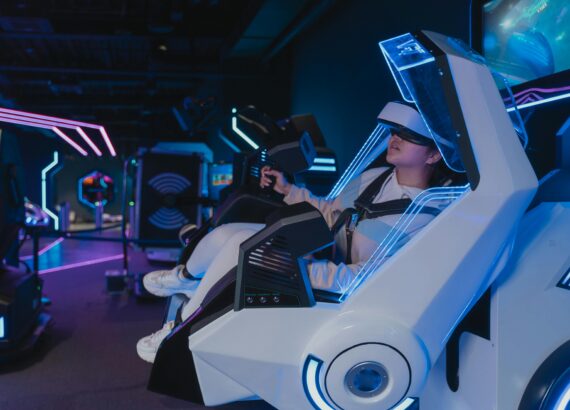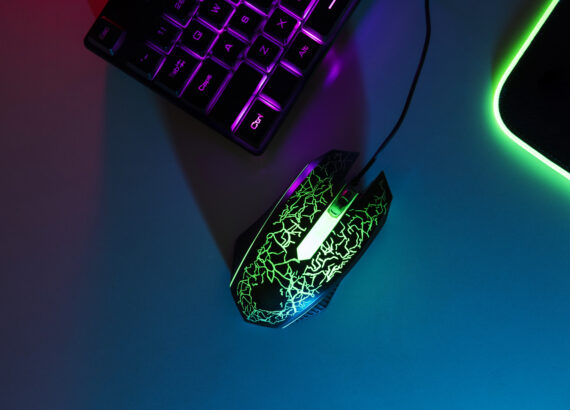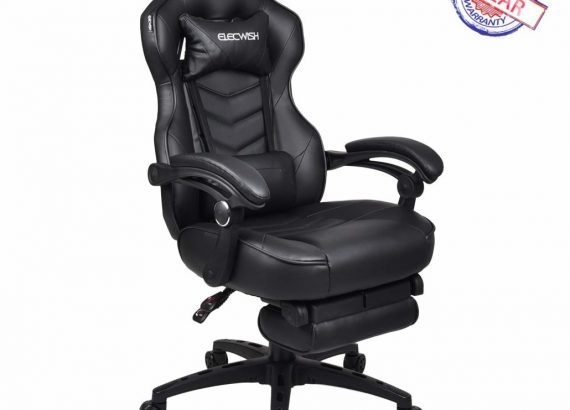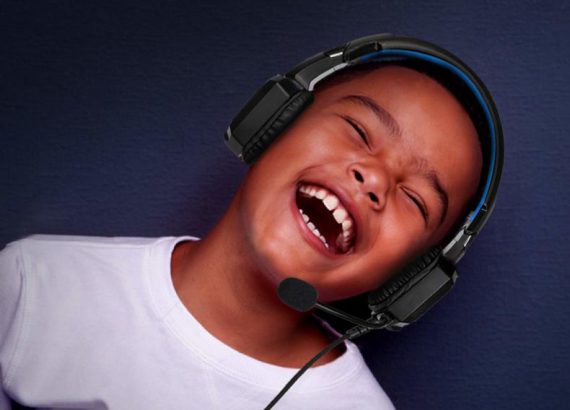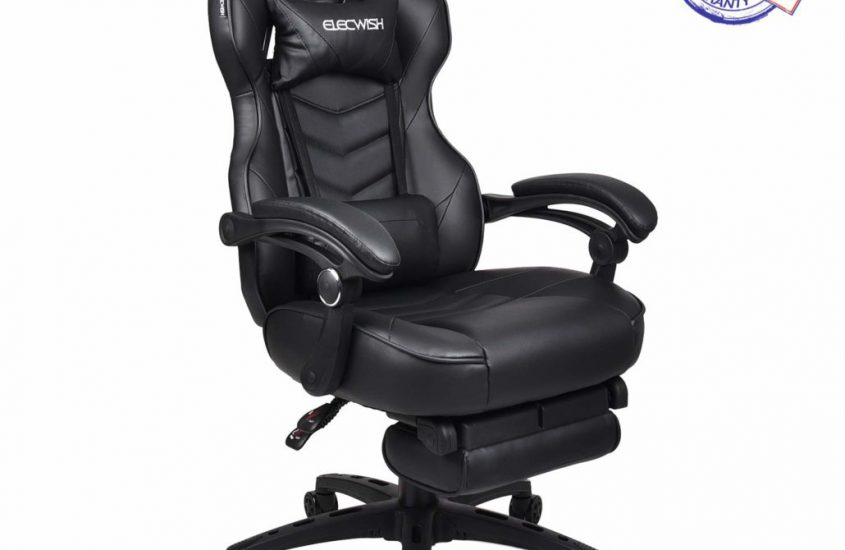How a Computer Microphone Can Improve a Team Communication in Games

In the fast paced environment of multiplayer online gaming, communication is critical whether it’s info on a threat that is about to kill you or a command as to where you need to nuke ‘ but more so when the other team knows where you are. Regardless of if you’re enjoying a competitive first-person shooter, strategy game, or cooperative RPG, being able to communicate clearly and swiftly with your teammates can be the difference between winning and losing. A computer microphone is among one of the best toys to increase communication in games. The opportunity to speak directly with your team can be the difference between sloppy action and strategic teamwork. In this article we will check out how much influence the computer microphone can have on team communication.
Real-Time Communication for Immediate Strategy Adjustments
Real-time decision-making: Effective team communication involves the exchange of ideas and decisions on-the-go. Fast games have fast action where no two are ever alike and teams can do their best to keep up with whatever is thrown at them. Use of a microphone that permits real-time communication makes it much simpler to change the strategy at the last second, whether it means switching objectives, retreating or setting up an ambush.
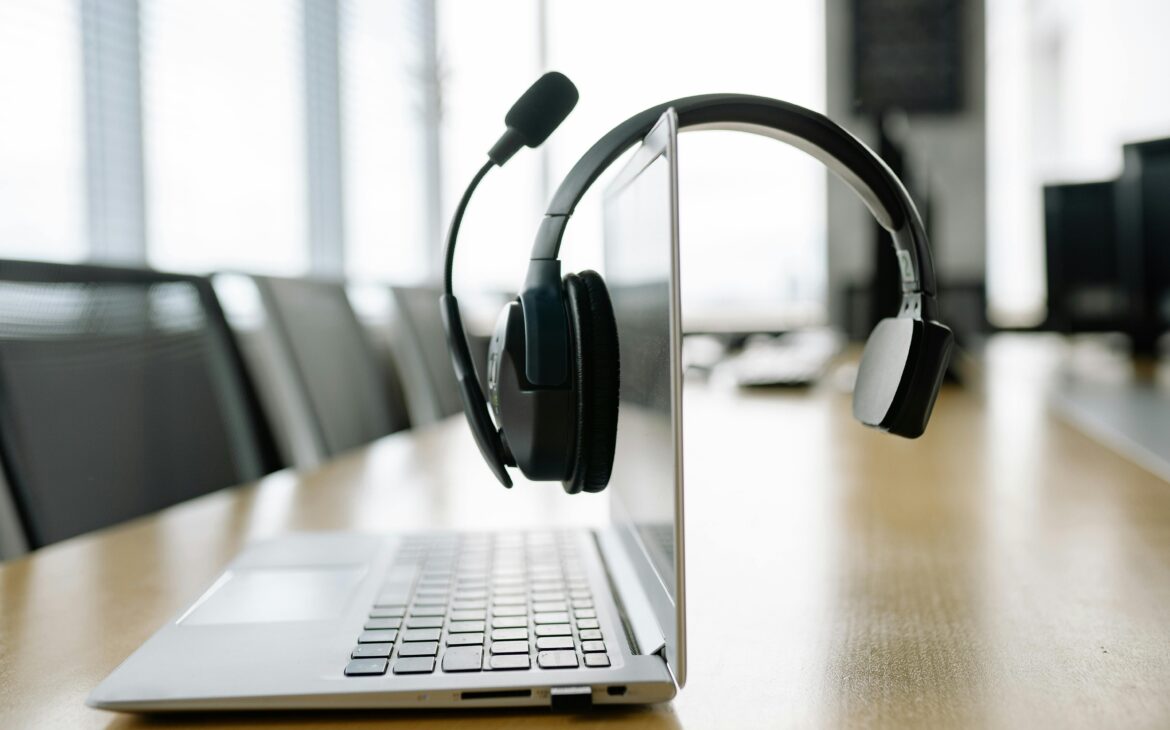
Another issue is the use of text chat, since players cannot communicate with each other using their voices. There’s a risk that the frenzied and distracted typing can leave players open to being attacked, or they may lose time. Thanks to the microphone it is possible for players to easily communicate their current position, gaming tactic or feeling from the playing field during a match without having to take their eyes off of the screen even for a minute. This real-time feedback allows the ability to adapt strategies on the fly, where in high-stakes games every second can make a difference.
Building Trust and Team Cohesion
Computer Microphone
One of the underappreciated ways that a computer mic can help within games is by building trust and promoting team unity. Trust is key among team-mates in a competitive multiplayer game. That’s why players need to trust that their teammates are executing the role they’re slotted into — regardless of whether it’s a defensive-capable player actually playing on defense, an objective-seeker actually securing objectives or just someone having their back in time of attack.
Players can be more expressive and say friendly things when they have a microphone, as well. Yelling out the location of an enemy, sharing a game plan or showing your appreciation for what a teammate is doing all help generate good feelings on the team. Positive feedback from vocal communication can increase morale and overall performance. The more players feel like a part of the team, the more likely they are to continue remaining engaged and collectively working towards a common cause.
Team chat will also enable teammates to keep each other informed mid-game. For example, if one player is misplaying cards or has a strategy question, they should ask for guidance. This kind of feedback is more personalized and efficient over a voice conversation, since it’s easier to ask and get an immediate response.
Enhancing Coordination in Complex Games Computer Microphone
There are some games—particularly real-time strategy and massive multiplayer online games—that require a great deal of coordination. These games are generally complex and may require players to gather resources, build units or manipulate multiple characters at once. In such situations, a mic to talk to your comrades is priceless.
Take a game such as League of Legends or Dota 2 in which coordinated teams can mean the difference between winning and losing. Players are frequently required to combine their forces toward complicated plays including team fights, map positioning or offensive assaults. The use of a microphone allows players to communicate information such as cooldown time, enemy position and item build, essential for those plans to be executed properly.
The freedom of verbal communications, meanwhile, also mitigates the potential for misunderstandings or mistakes when speed is paramount. For instance, a player may inform the team when their ultimate ability is available or warn them of an oncoming enemy. This can go a long way toward keeping everyone on the same page, minimizing the chances that players will fly off in all directions or just make bad decisions based on not knowing much. A microphone can therefore make an enormous difference in team logistics in complicated games.
Reducing Communication Delays Computer Microphone
In a lot of online games, milliseconds count. It was all down to reacting fast enough: a player got there in time, or they didn’t. For titles that emphasize quick reflexes and decision-making, text-based communication just doesn’t cut it. And while players can attempt to use hotkeys or standard phrases, these tend not to be nearly as immediate as talking.
And a microphone spares players the delay of typing to share vital information nearly hoarsely. If a teammate is in trouble, you can tell the rest of your squad with voice communication faster than you can by typing it out. The decrease in the communication delay means that decisions are made sooner and team actions are better coordinated.
Not only in terms of the speed, but also as far as voice chat goes to help center our player’s focus. You’re trying to stay up with the chat, or flow your responses out as quickly as possible, but it’s easy for a match or scene to slip by while you are looking at the keyboard and typing. With a microphone, gamers can keep their momentum going and enunciate when they need to communicate with others. This results in a smoother gaming session where the player won’t miss out on in-game events.
Enabling Strategic Discussions Before and After Matches
You can even have use of a microphone for a computer at several other times aside from your time gaming. Teams can freely talk to each other during the pre-game, enabling strategy planning. This may entail determining strategy, roles and other aspects of the strengths/weaknesses of teams. Thorough and classy pre-game discussions can be held with a microphone in hand, getting the players on the same page as to what their mission is.
Voice is also great for after a match, where teams can debrief their game. This is an essential part of competitive gaming and PvP in general, because it allows teammates to give constructive feedback, talk about what worked and didn’t work well together, etc. Discussing the match in real-time allows players to express their thoughts more accurately compared to typing feedback into a post-match chat window.
And, of course, in these pre- and post-game gathering times voice chat is a good way to foster team intimacy. Players who have an easier time speaking with one another will be more effective as teammates in later games. This also fosters a feeling of kinship and working towards the same goal that can lead to better team performance in the long run.
Reducing the Use of In-Game Ping Systems Computer Microphone
A lot of games have ping systems where you don’t need to take part in voice comms. These pings are typically use to indicate a location on the map, propose an objective, or inform teammates of potential dangers. As useful as ping systems are, they can only do so much. Pings can be misinterprete by the players, particularly when it’s unclear or there is a lack of explanation (a player could ping for help but not mention what kind of help they want).
Because players can give much more detailed instructions verbally, a microphone cuts down significantly on pings. For example, instead of pinging a location and hoping that your teammates understand what are you trying to coordinate, well now players can just say directly what they need each other to do – “I’m going in for the mid fight” or “Look out for that enemy sniper hanging around on our right side.”
Promoting Positive Team Dynamics
Gaming groups, particularly when competitive, can be abrasive and full of toxic interactions. When their friends refuse to call out plays, follow through with strategies or just straight-up flame, players can get frustrated. One way to fight against the negative is with positive constructive communication which a microphone can help.
“You can use a mic to encourage your teammates, call out enemy positions or just praise them when they make a good play. Praise lifts team spirit and everyone feels good about themselves and feel motivated to do a better job. A well-placed “great job” or “thanks for the backup” can be a game changer when it comes to fostering a great team environment, killing stress and quashing toxicity.
Also a good way to catch problems before they get out of hand, and then you confront them. If someone on the team is having a tough match, players will be able to offer help or advice through voice chat instea of getting frustrate or bitter. When you have an open line of communication it reduces the risk of head-butts and is easier to keep the team feeling supportive, and cooperative.
Improving Competitive Edge and Performance Computer Microphone
And, last but not least, a computer microphone gives teams the competitive advantage they need during high-stakes matches. You are gonna have a better rated game, tournament experience or Including CIT and (Belfast professional eSports when the crouch, even if you can use your teammates have mic.This microphone is USB version our one.It doesn’t support Mac. Teams that use a voice communication service are able to do things like share tactics in real time, change strategies on the fly and work together more efficiently, and when applied at the pro level it can make a rather large impact.
In competitive gaming, sound is survival, and JBL knows great sound: From the thrill of tracking enemies in FPS games, to engaging in epic MOBA battles, the JBL Quantum 100 amplifies every victory on PC, Mac, Xbox, PS4 and Nintendo Switch. It’s a skill that differentiates top teams from the pack: the ability to clearly and swiftly communicate in crucial moments – while still keeping an eye on your teammates. In addition, voice chat allows players to be a bit more attentive and relaxed under pressure because they know their teammates are backing them up.
Conclusion
Effective communication is ESSENTIAL in the fast-paced world of online gaming! As mundane as a computer microphone may seem, it’s one of the best peripherals in esports. Relations strategic skills with the ability to easily communicate strategies and tactics which are all thanks to a microphone for your team, as well as a trust factor that applies to every member of team when you can hear them clearly in no delay during play.
It also helps build good team dynamics by fostering teamwork and constructive criticism, both of which go a long way in shaping the atmosphere and performance of the group. From your pre-game lobby to a game’s final moments, from competitive leagues to their latest feature match play, voice communication makes gaming more just as much fun as it keeps you connected and coordinated.
more from us
We will provide the best review of best gaming items
